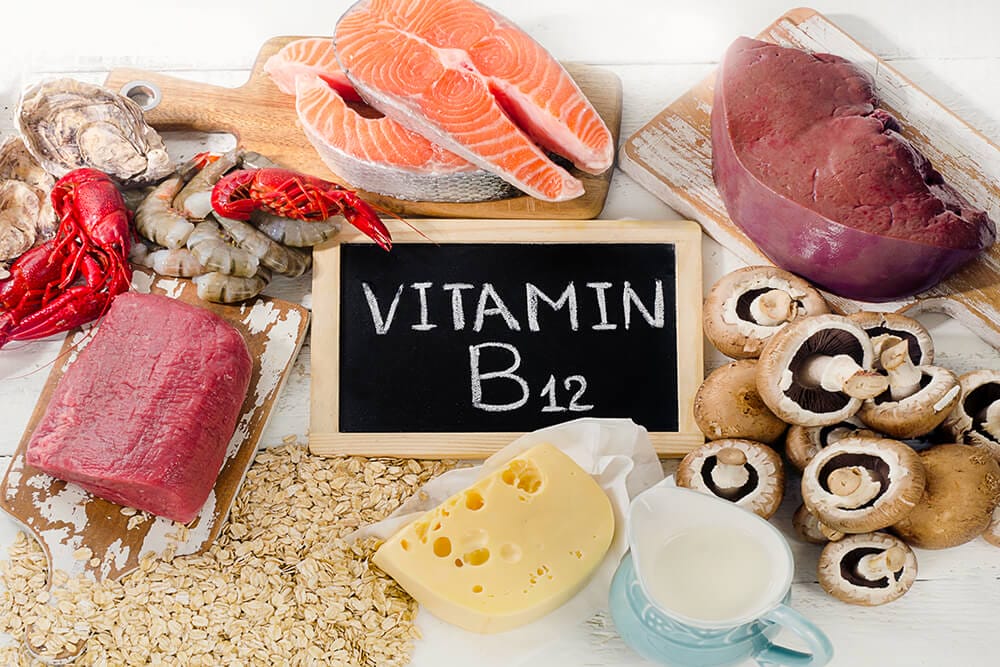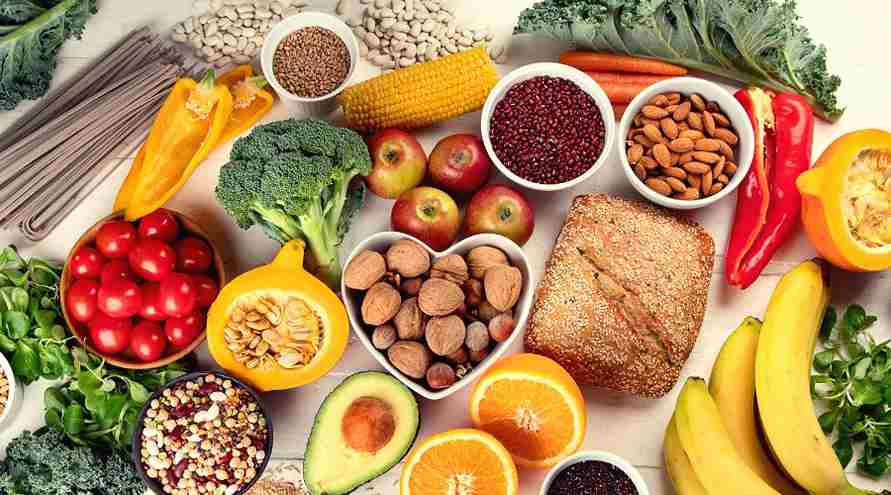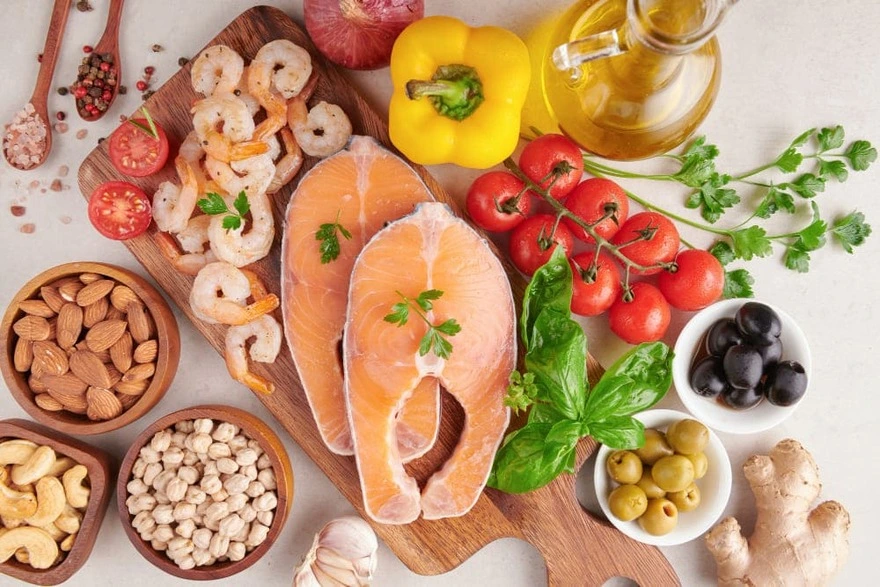Here are some ways that can help improve Vitamin B12’s absorption in the body

Here are some ways that can help improve Vitamin B12’s absorption in the body.
Vitamin B12 is a crucial water-soluble vitamin that plays a significant role in the production of red blood cells, DNA synthesis, and normal neurological function. However, its absorption in the body is a complex process that involves several steps.
1. Vitamin B12 is initially bound to proteins in the food we consume.
2. During digestion, stomach acid and the enzyme pepsin work together to release B12 from these proteins.
3. Once freed, vitamin B12 binds to a protein called intrinsic factor (IF), which is produced by the stomach lining. This B12-IF complex protects the vitamin as it travels through the digestive tract.
4. The B12-IF complex is then absorbed in the ileum, which is the last part of the small intestine.

Any disruption in these steps can hinder the absorption of vitamin B12. For instance, stomach acid plays a vital role in releasing B12 from food. Hypochlorhydria, or low stomach acid, is a common issue that can lead to poor absorption, particularly among older adults and those taking anti-acid medications. This highlights the importance of adequate B12 absorption, especially for at-risk groups such as vegetarians, vegans, the elderly, and individuals with certain medical conditions.
Intake of apple cider vinegar diluted with water before meals can stimulate the production of stomach acid, which aids in the absorption of vitamin B12. Additionally, consuming digestive bitters can promote the production of digestive enzymes and stomach acid.
It’s important to be cautious with long-term use of proton pump inhibitors (PPIs) or H2 blockers, as these can reduce stomach acid levels and impair B12 absorption. Therefore, avoiding overuse of antacids is advisable.
Pairing vitamin B12-rich foods with other important nutrients can also enhance absorption. For example, calcium (found in dairy, fortified plant-based milk, and leafy greens), vitamin B9 (found in leafy greens, legumes, and fortified cereals), and vitamin B6 (found in bananas, poultry, and potatoes) are beneficial.
Maintaining healthy gut function is crucial for B12 absorption. Probiotics can improve gut health and may enhance nutrient absorption, so including fermented foods like yogurt and kimchi in your diet is recommended. Prebiotics, such as garlic, onions, bananas, and whole grains, help nourish beneficial bacteria in the gut.
Certain medical conditions, such as Crohn’s disease, celiac disease, and small intestinal bacterial overgrowth (SIBO), can negatively impact absorption. Seeking medical advice for appropriate treatment is essential in such cases.
Heavy alcohol consumption can harm the stomach lining, which in turn impairs the absorption of vitamin B12. Therefore, it is advisable to consume alcohol in moderation. Smoking also negatively affects nutrient absorption and can increase the risk of B12 deficiency.
Additionally, some individuals may have genetic variants, such as the MTHFR mutation, that affect how their bodies metabolize B12. For these individuals, using methylated forms of B12, like methylcobalamin, can be beneficial as they bypass certain metabolic steps, improving absorption and utilization.

When your body is effectively absorbing vitamin B12, you might observe several positive changes, including:
– Increased energy levels
– Enhanced cognitive function
– More stable mood
– Decreased numbness or tingling in your hands and feet
– Healthier skin, hair, and nails
These signs indicate that your body is utilizing B12 properly, contributing to your overall well-being.
Foods that are naturally high in vitamin B12 are mainly animal-based. Key sources include meats and organ meats like liver, as well as fish and seafood such as salmon, tuna, mackerel, trout, clams, and crab. Dairy products, including milk, cheese, and yogurt, also contain B12, along with eggs, particularly the yolks. For those who are vegetarian or vegan, fortified foods like cereals, nutritional yeast, and plant-based milk can provide important sources of B12. Including these foods in your diet is essential for maintaining healthy B12 levels, which supports energy, brain function, and various vital processes in the body.
People who are at a higher risk of vitamin B12 deficiency include those who follow vegan or vegetarian diets, as B12 is mainly found in animal products. Older adults are also at risk because they may produce less stomach acid, which is necessary for absorbing B12. Individuals with gastrointestinal issues like Crohn’s disease, celiac disease, or pernicious anemia often have trouble absorbing B12. Those who have had bariatric or intestinal surgeries may also struggle with B12 absorption. Furthermore, chronic alcohol users and people taking medications such as proton pump inhibitors (PPIs) or metformin for a long time are more likely to develop a deficiency.











